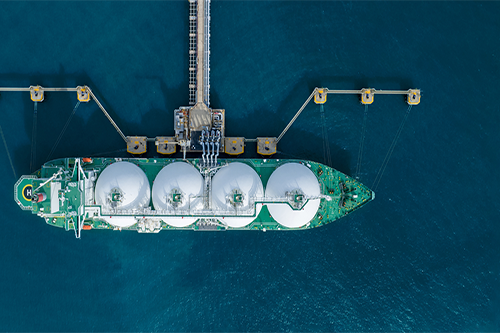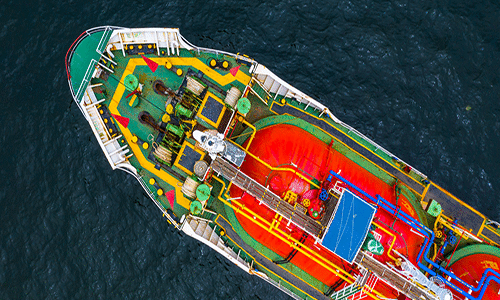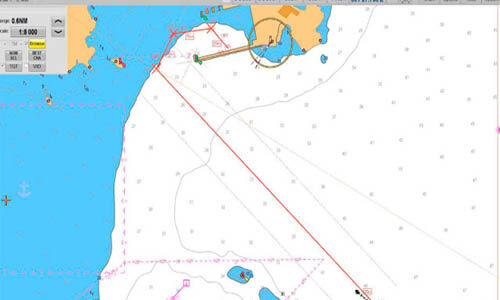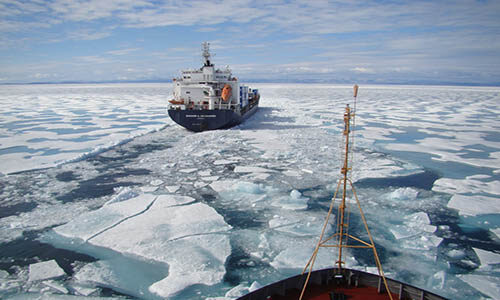Training Program covers the requirements of the STCW Convention.
Passing the training program, trainee must:
- Understand liquefied gas physical and chemical properties, including definitions relative to liquefied gas safe transportation;
- Understand MARPOL conventions relative rules and other relative IMO documents, industry guidelines and port regulations which are applied to liquefied gas tankers
- Be able to apply International Code for the Construction and Equipment of Ships carrying Dangerous Chemicals in Bulk (IBC), International Code for the Construction and Equipment of Ships carrying Liquefied Gas in Bulk (IGC) and other relevant regulations;
- Have knowledge of liquefied gas tanker design, system and equipment;
- Have knowledge of pump theory and characteristics, types of cargo pump and their safe operations:
- Have knowledge of the effect of bulk liquid cargoes on trim, stability and structural integrity;
- Have knowledge of tanker safety culture and implementation of safety-management system;
- Be able to manage and supervise personnel with cargo related responsibilities;
- Have understanding of the information in Material Safety Data Sheet;
- Have knowledge and understanding of hazard and control measures on liquefied gas tanker;
- Be able to calibrate and use monitoring and gas detection systems, instruments and equipment;
- Have knowledge and understanding of danger of non-compliance with relevant rules and regulations;
- Have knowledge and understanding of safe working practices including risk assessment and personal shipboard safety on board liquefied gas tankers;
- Be able to create and apply cargo related plans, procedures and checklists;
- Be able to perform cargo measurements and calculation;
- Have knowledge and understanding of liquefied gas tanker emergency procedures;
- Have understanding of procedures to prevent pollution of the atmosphere and the environment;
- Have understanding of actions to be taken following collision, grounding, spillage or when the ship is surrounded by toxic or flammable vapours;
- Have knowledge of medical first aid procedures for liquefied gas tankers, according to medical first aid guidelines for emergency situations with dangerous cargo (MFAG).
In order to enter into the presented training program, trainee must represent:
- Certificate of Competency, Education Certificate or Certificate of Proficiency;
- Seamen’s book or Civil passport or ID;
- Medical Certificate or medical certificate form 100(for coastal water area seafarers’).
- Have finished training course program “Basic training for liquefied gas tanker cargo operations” according to STCW code A-V/1-2-1 standard requirement;
| Duration | 54 hours |
| language | English |
| Students | 1-6 |
| Quizzes | 41 |
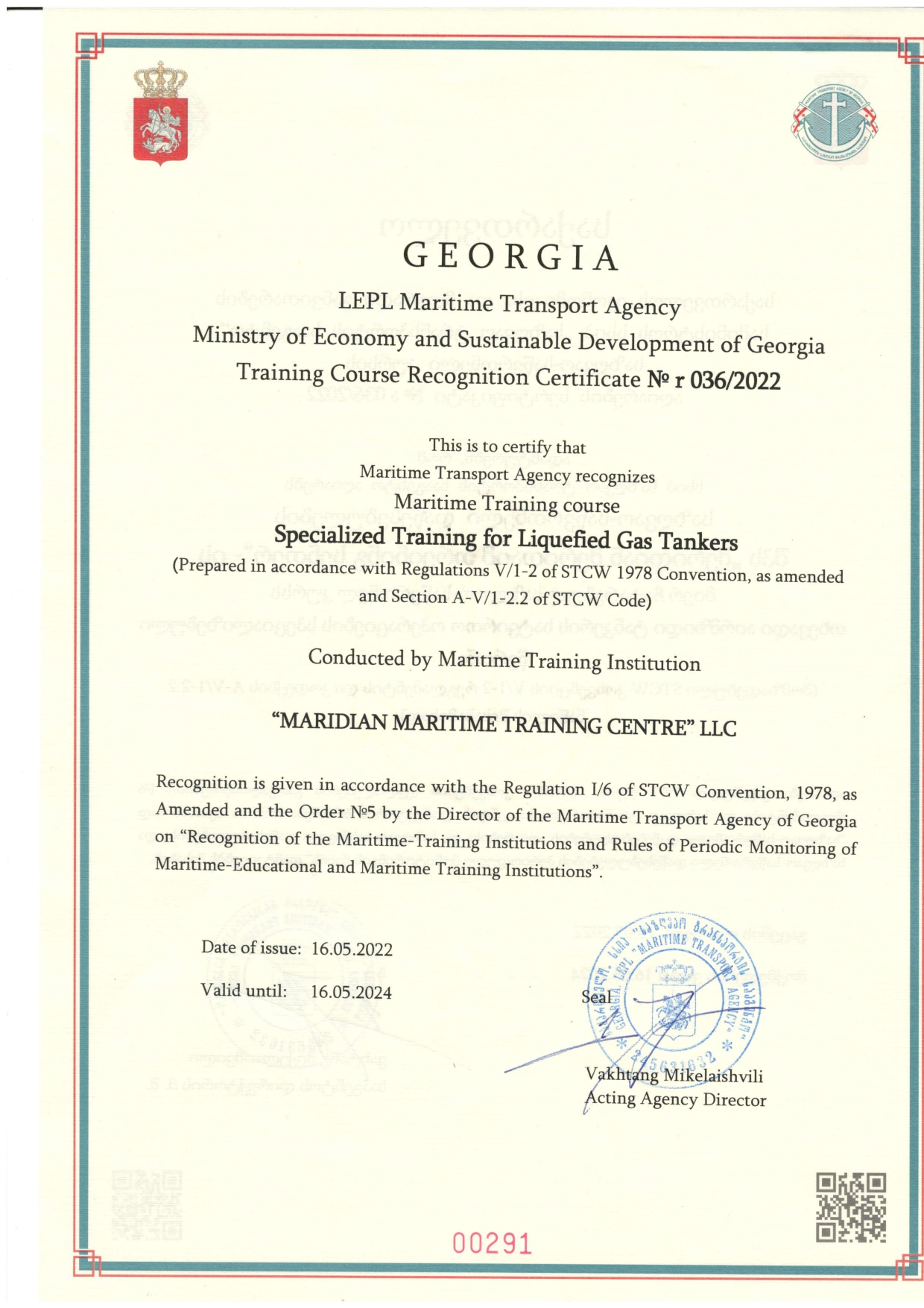
Course Features
- Lecture 0
- Quiz 0
- Duration 1 week
- Skill level All levels
- Language English
- Students 222
- Assessments Self


